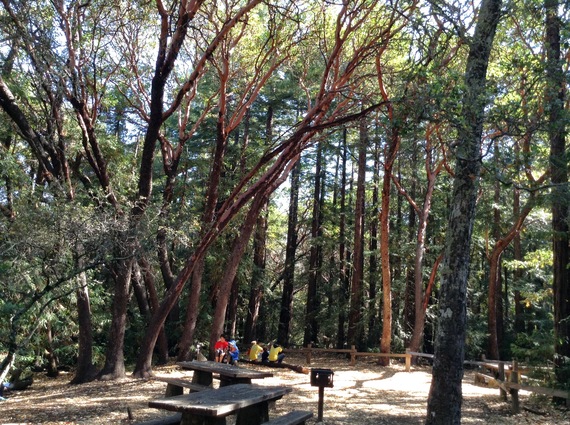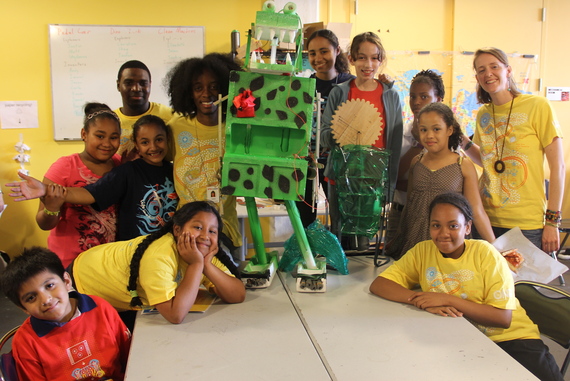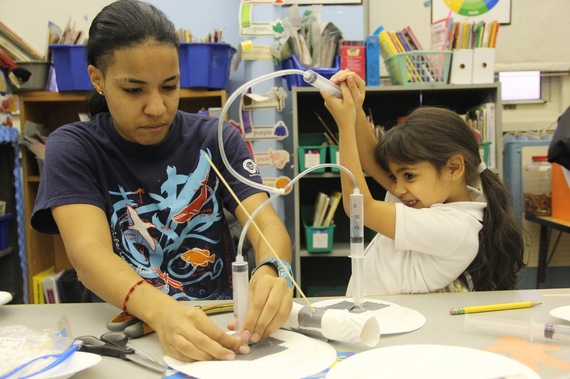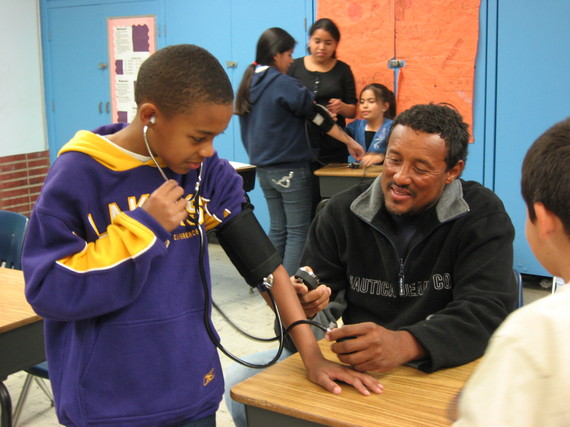A parent's perspective
I run a science and engineering education nonprofit, and so problem solving, critical thinking, persistence, curiosity and creativity are traits I value. We just began a search for a school for our 5 year old daughter and it has been interesting to view schools from a parent's point of view (rather than from a collaborating partner's point of view).
Here are some insights if you are looking for a school that supports the above character traits:
- Facilities - The first thing you notice is the facilities, the campus, the grounds. I have a theory that schools (especially private schools) unconsciously optimize to wow the parents in tours. There is only a little bit of time, and visual, attention grabbing features help in making a school memorable. Unfortunately student learning is not something that is very visible and especially not in the short term. So big open grounds, fancy gymnasiums etc do end up being emphasized and optimized for.
- Emphasis on Arts & Theater - For the same reason as above, music and dance performances can be powerful ways to move a prospective parent, but dont really indicate that the school will be good at transferring that expertise in creating deep learning experiences. Keep an eye out for interesting student projects and work in the classroom (that is not just arts & craft work)
- Teacher to Student Ratios - This is the most important aspect for project based learning. It is hard to set up materials and open-ended projects, provide customized feedback to each student on her project and then to do that many times over as the student iterates on the design. It almost requires super human effort to do that for 20 students within 60 or even 90 minutes. However, it can be done on a sustainable basis with 5-8 students.
- Meaningful Parental Involvement - Most schools involve parents in raising additional funds, helping with gardens or facilities as well as logistical support tasks. There are some unusual schools where parents do have a strong voice and are invited to help in the classroom, not just as aides for arts & crafts activities, but also to help teach. This is a very powerful aspect as it helps build a strong bridge between the school and the home.
- Science - One note of caution about interpreting science activities. Demo or list-based activities does not really qualify as project based learning. For instance there is a big difference between making a lemon battery and actually understanding how the metal ions are created and how they move. And it is never too early to explain how something truly works. You just need a deep enough understanding of the phenomenon to explain it in the simplest terms. So I try to differentiate between delivering factual knowledge via demos and helping students develop conceptual understanding through open-ended projects.
- Professional Development for Teachers - The quality of instruction is a function of the teacher's comfort with the subject and depth of understanding. It is always helpful to understand if the school values teacher learning and how much free time they get to pursue new learning opportunities.
- Use of technology/scientific equipment - Finally, I also try to understand how technology such as 3D printers, iPads, laptops, microscopes etc are used. Are they used to increase the wow factor or are they used by students to explore deeper or just as a tool? Neither of these are bad, it is just helpful to look beyond the glitter.




After having gone on about 5 different parent tours as a parent (and actually worked with almost 600 schools as an education nonprofit professional), I have come to realize that technology can actually be the answer to providing high quality, project based learning to every child.
- Content expertise is provided via engineers and scientists who have been trained to explain concepts at the right level (this can be in the form of carefully crafted videos).
- Teachers and parents attend a professional development session together where they learn how to engage students in project based learning during the school day.
- Directions for open-ended projects that align with core concepts can be accessed by both teachers and parents via websites or mobile devices. Some such websites are: How to smile, Engineering is Elementary, Teach Engineering
- Each teacher invites 5 parents to help support the students on project days. This reduces the student-adult ratio.
- Content experts provide specific feedback to each student on her project. This can be done virtually and is a great example of how technology can facilitate personalized, high quality learning - at scale. Curiosity Machine is one such platform that enables one-on-one mentoring for project based learning.
After everything, what I walked away with was that learning cannot be just the school's responsibility. It takes a village to raise a child. It takes the teacher, the mentor, the role model and the after-school instructor -- all of whom are led by the parent.
